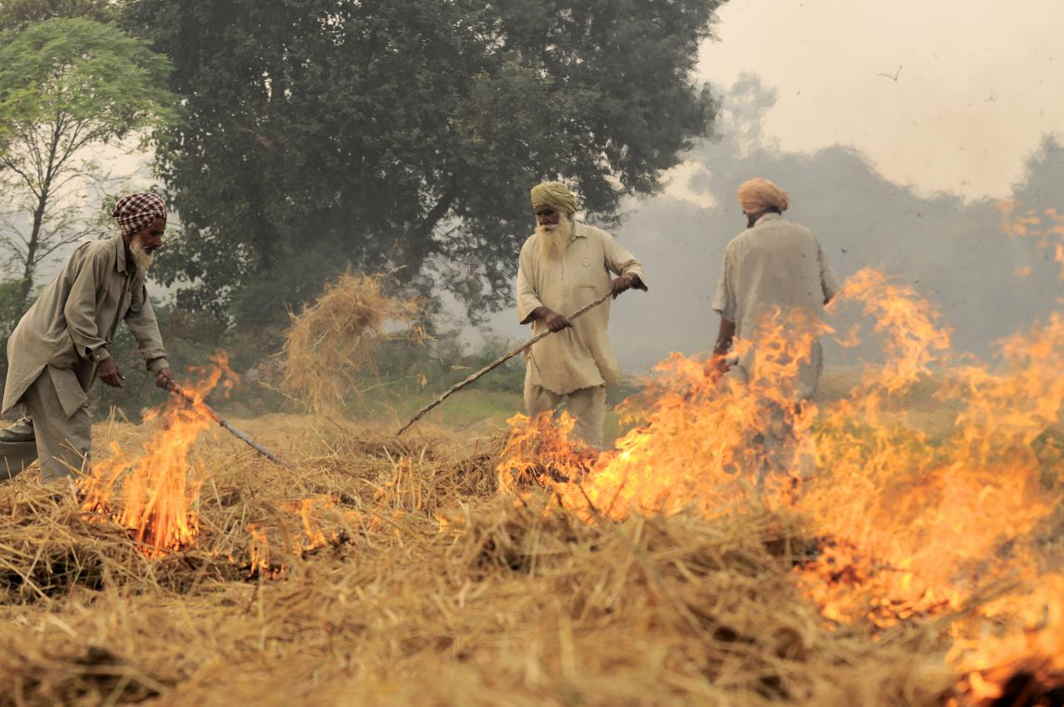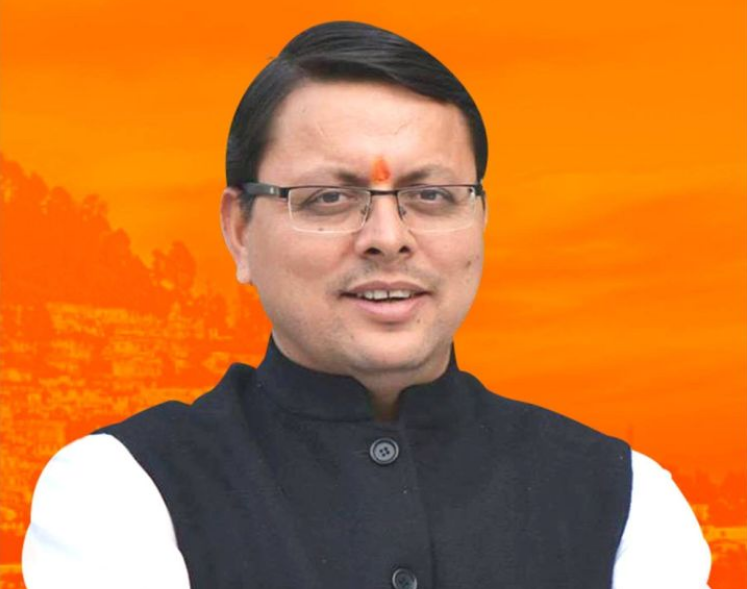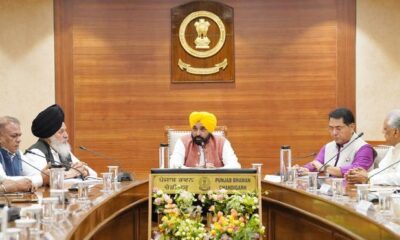[vc_row][vc_column][vc_column_text]Here’s an overview of how various parties fared in the post-election surveys telecast by different TV channels
By Sujit Bhar
Exit polls by their nature in this country have always been unreliable. However, the social implications and impact of these polls are huge. That is possibly why the Election Commission had banned exit polls during the long election period that spanned across five states—Uttar Pradesh, Goa, Punjab, Manipur and Uttarakhand.
At the end of the last polling date, on March 8, the exit polls were back with a vengeance, and the results were, for some, expected, while for others, pretty shocking. Already, UP Chief Minister Akhilesh Yadav has indicated that he is not averse to having a tie-up with Mayawati, if the needs be, just to keep the BJP away from government.
One look at the different exit polls will give a fair picture of what is to come and the possibilities that exist within the existing complex political system.
Uttar Pradesh (Total seats 403)
This has been the centrepiece of the entire election process. UP is where kings are made and destroyed, goes the saying. At this point, as it emerges from exit polls, these are the figures available:
The BJP tally varies from 285 (News24-Chanakya) down to 155-167 (India TV-C Voter). In between there are 251-179 (India Today-Axis), 185 (NewsX-MRC) and 164-176 (ABP-CSDS).
Here a caveat: While Chanakya had predicted the 2014 Lok Sabha polls with incredible accuracy–they said BJP would get 291, and BJP ended with 282 seats–they goofed up during the Bihar elections.
The position of other parties in UP are as follows:
SP and Congress alliance: ABP-CSDS gives them the best deal, 155-169, while the lowest comes from News24-Chanakya at 88 (+/- 15). India TV-C Voter gives them 135-147, while India Today-Axis gives then 88-112. News X-MRC says they will get 120.
BSP: No channel gives Mayawati’s party a good chance. The best deal is from India TV-C Voter, at 81-93, while the poorest is from News24-Chanakya at 27 (+/- 12). Their other high is from ABP-CSDS at 60-72.
Before leaving UP, let us take a look at what pre-poll predictions were like. A January 5 opinion poll, conducted by Axis My Media on behalf of India Today TV, had said this:
BJP: 206-216
SP: 92-97
BSP: 79-85
Cong: 5-9
Remember, the Congress-SP alliance had not been worked out yet, neither had the intra-family feud broken out within SP.
Feel free to draw your own conclusion about UP. On Saturday the truth will be out.
Punjab (117)
It is an even spread between Congress and AAP. News24-Chanakya marks the Congress at 54 (+/-9).They have given AAP the exact same, while Akali Dal has got a mere 9. India TV-C Voter gives AAP the best verdict, at 59-67, pushing Congress down to 41-49. ABP-CSDS thinks Congress will win (46-56) with AAP at 36-46, while News X-MRC has AAP at 55 and Congress the exact same.
Uttarakhand (70)
The BJP verdict is clear in this state. Again, News24-Chanakya has marked the party at 53 (+/- 7), while India Today-Axis puts them at 46-53. India TV-C Voter has an interesting take: BJP and Congress at 29-35. ABP-CSDS has BJP at 34-42, with Congress at 23-29, while NewsX-MRC has 38 for BJP and 30 for Congress. The huge fracas of the state, where the court reinstated the government, seems to be turned on its head. The problem will resurface in the case of a hung assembly.
Goa (40)
Here too the BJP has a sway. India Today-Axis has the most favourable outlook for the party, with 18-22 for BJP and 9-13 for Congress, while ABP-CSDS pegs BJP at 16-22 with 9-13 for Congress. NewsX-MRC puts BJP at 15 and Congress at 10, also promoting AAP to 7.
Manipur (60)
Here, too, BJP has a decent field. India Today-Axis puts the party at 16-22, with Congress winning at 30-36, but India TV-C Voter puts it at 25-31, with Congress lagging behind at 17-23. The infamous Congress rebels here might again play up.
UNRELIABLE
As said before, exit polls have remained extremely unreliable in the past in India.
Here are some.
Lok Sabha 2014
No exit poll (except Chanakya, of course) came anywhere near predicting the massive mandate that the BJP managed (282 seats) or the total eclipse of India’s Grand Old Party, the Congress (44).
Bihar assembly 2015
BJP was touted to win, what with PM Narendra Modi promising a stupendous sum of assistance (which never came) to Bihar. In the end, a clever alliance between JD(U), RJD and even the Congress (junior) beating all predictions with a thumping victory. BJP managed just a Nelson (111).
Tamil Nadu assembly 2016
Prediction: AIADMK set to move out of the picture. Result: Late Chief Minister J Jayalalithaa returned with 136 seats.
West Bengal assembly 2016
All signs were there on the ground, but no exit poll and no pre-election opinion poll would want to believe it. The media was blinkered and when Chief Minister Mamata Banerjee and her Trinamool Congress renewed their position with a mandate even more massive than the last time out, it was almost unbelievable.[/vc_column_text][/vc_column][/vc_row]



















